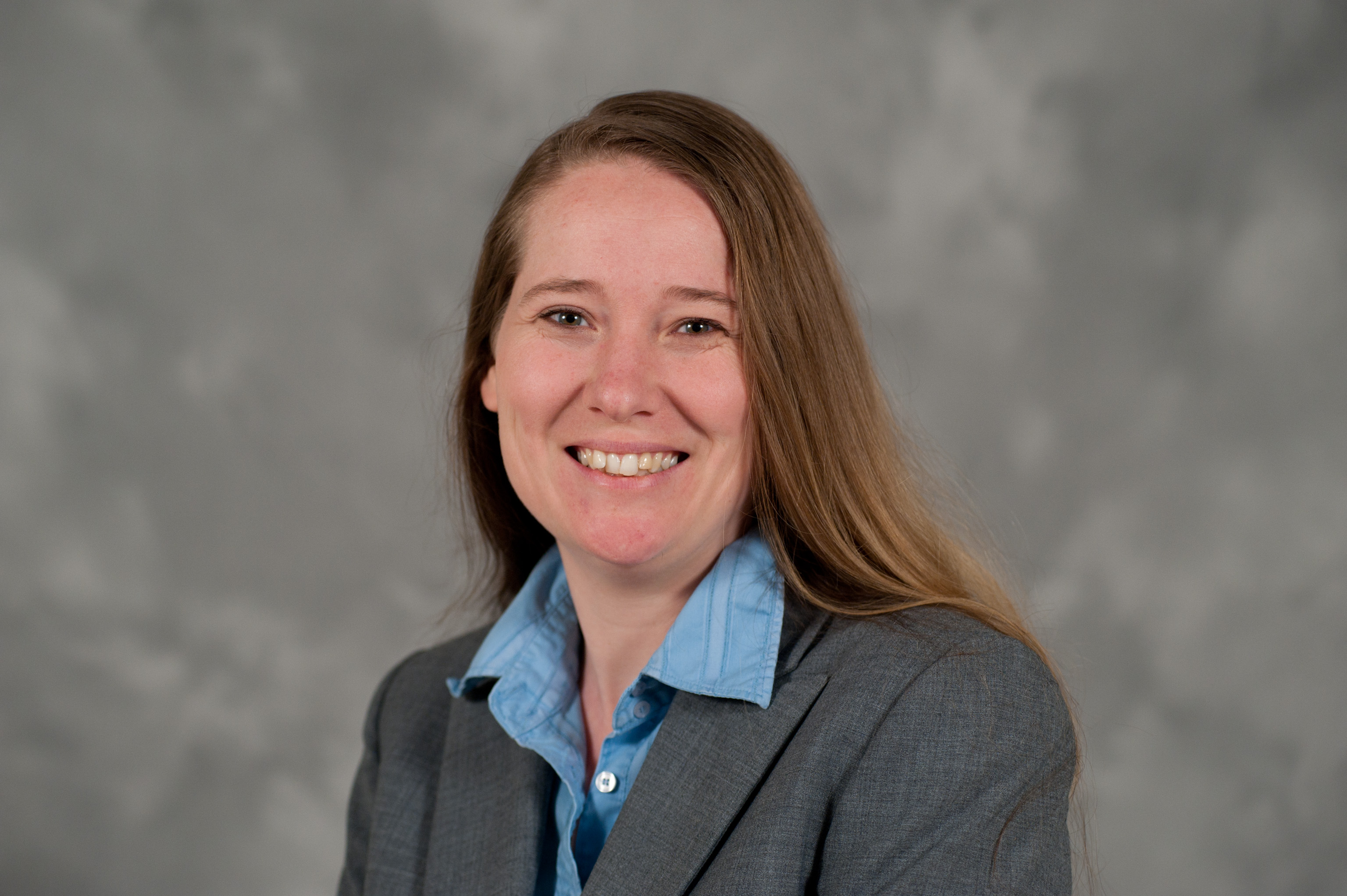
Jun 14, 2023
Georgia Tech’s College of Sciences is pleased to announce that Jennifer Curtis, professor in the School of Physics, has been appointed the new ADVANCE Professor for the College.
Curtis will serve as one of six ADVANCE Professors, one for each college at Georgia Tech. Her appointment is effective July 1, 2023.
“It is an honor,” Curtis says. “Having personally benefited from ADVANCE initiatives, I am grateful for the opportunity to build on my predecessors' work and to contribute to the well-being of all faculty at Georgia Tech. I look forward to partnering with the current ADVANCE professors, the College’s Center for Promoting Inclusion and Equity in the Sciences (C-PIES), and Georgia Tech leadership.
“Jennifer has been a strong advocate for diversity, equity and inclusion for many years, and I am confident she will bring that advocacy to this new role,” says Susan Lozier, Dean of the College of Sciences, Betsy Middleton and John Clark Sutherland Chair and Professor in the School of Earth and Atmospheric Sciences. “In this role, Jennifer will work with ADVANCE professors from the other five colleges to advance Georgia Tech’s mission and will play an integral role in the College of Sciences Center for Promoting Inclusion and Equity in the Sciences. For my part, I look forward to a close partnership with her in the months and years ahead.”
"Jennifer has been a true champion of diversity and inclusion at Georgia Tech,” adds Feryal Özel, professor and chair in the School of Physics. “She has been working tirelessly toward providing education and career opportunities as well as a welcoming environment for everyone who is interested in physics and the sciences. I am looking forward to seeing all the exciting things she will do with her ADVANCE professorship."
Jean Lynch-Stieglitz, professor in the School of Earth and Atmospheric Sciences, has served as the College’s ADVANCE Professor since 2022. Lynch-Stieglitz is among nine Jefferson Science Fellows selected this year by the National Academies of Sciences, Engineering, and Medicine to build STEM expertise in the State Department and the U.S. Agency for International Development.
“This announcement also gives me the opportunity to thank Jean for her service as our ADVANCE professor over the past year,” added Lozier. “As a reminder, Jean’s term in this role was limited since she accepted a prestigious Jefferson Fellowship that will take her to the U.S. State Department in Washington, D.C. next year.”
Lynch-Stieglitz will be joined in that fellowship by Olga Shemyakina, associate professor in the School of Economics at Georgia Tech.
“As the College of Sciences ADVANCE professor, there are three areas where I will focus my attention,” Curtis says. “The first area is the continued support for College women and minority faculty, including non-tenure track faculty members. A second area unique to my interests — and an extension of my ongoing work — is to collaborate closely with C-PIES to identify accelerated solutions to increase the diversity of our faculty at Georgia Tech.”
Curtis adds, “The third area that I will pursue is at the Institute level in coordination and collaboration with the other Georgia Tech ADVANCE professors: I will leverage the experience and wisdom of my colleagues to guide my efforts in the College of Sciences and to support and lead Institute-wide ADVANCE initiatives.”
About ADVANCE
Supported by Institute Diversity, Equity, and Inclusion, Georgia Tech’s ADVANCE Program builds and sustains an inter-college network of professors who are world-class researchers and role models to support the community and advancement of women and minorities in academia by “advocating for diversity, equity, and inclusion, advising campus leadership on policy and structure, increasing awareness and reducing the impact of implicit bias, and making data-driven recommendations for faculty retention, advancement, and satisfaction.”
About Jennifer Curtis
Since 2016, Curtis has served as director or co-director of the School of Physics’ Research Experiences for Undergraduates (REU) program, funded by the National Science Foundation, which focuses on broadening participation in physics and strengthening ties with the Atlanta University Consortium (AUC), which includes Morehouse College, Spelman College, and Clark Atlanta University. At least 10 REU students have since entered graduate programs at Georgia Tech.
Working with Morehouse leadership, Curtis has arranged for College of Sciences faculty to present once a month in Morehouse’s weekly research seminar series. Curtis and School of Physics undergraduate Julianne Tijani are a Georgia Tech chapter of the National Society of Black Physicists.
Curtis’ research is primarily focused on the physics of cell-cell and cell-extracellular matrix interactions, in particular within the context of glycobiology (the study of sugar chains in nature) and immunobiology.
Her lab’s newest projects focus on questions of collective and single cell migration in vitro and in vivo; immunophage therapy — an immunoengineering approach — that uses combined defense of immune cells plus viruses (phage) to overcome bacterial infections; and the study of the molecular biophysics and biomaterials applications of hyaluronan synthase, an enzyme. Learn more.